LGBTQ+ people have always been in the movie business, and there’s always been LGBTQ+ representation in films, coded as it may have been at times. If you want to know all about these subjects, you can’t do better than reading Hollywood Pride: A Celebration of LGBTQ+ Representation and Perseverance in Film, the new book by Alonso Duralde.
Keep up with the latest in LGBTQ+ news and politics. Sign up for The Advocate's email newsletter.
In the book, out now from Running Press for its Turner Classic Movies imprint, Duralde traces LGBTQ+ film history from the silent era through the implementation and eventual dismantling of the restrictive Production Code to the New Queer Cinema of the 1990s to the proliferation of queer content in the 21st century.
Duralde has a wealth of movie knowledge. He’s chief U.S. film critic for The Film Verdict, cohost of Linoleum Knife and other movie podcasts, author of the book Have Yourself a Movie Little Christmas, and a former Advocate arts and entertainment editor. But he expanded that knowledge while researching Hollywood Pride, “encountering new things around every corner,” he says.
“It was definitely a journey of discovery for me, and I hope it is for readers too,” he notes.
It undoubtedly will be. All the queer and rumored-to-be stars and directors are there, such as Rock Hudson, Montgomery Clift, Dorothy Arzner, George Cukor, Pedro Almodóvar, John Waters, Divine, Jodie Foster, and many more. So are landmark films like Brokeback Mountain, Desert Hearts, Go Fish, Mädchen in Uniform, and The Boys in the Band, along with those that have coded LGBTQ+ content or are simply queer-beloved — The Wizard of Oz, All About Eve, The Women, The Maltese Falcon. But Duralde delves even deeper.
For one thing, he spotlights artists who are less well known than actors, directors, and screenwriters. He was glad to inform readers about James Crabe, who was part of the Gay Girls Riding Club, a collective of gay men who produced humorous short films that were shown in queer bars in Los Angeles, but also the cinematographer of high-profile mainstream movies of the 1970s and ’80s — Rocky, The China Syndrome, The Karate Kid.
Then there’s Angela Morley, a composer and music arranger who was the first out transgender person to be nominated for an Academy Award — for 1974’s The Little Prince. She was nominated again three years later, for The Slipper and the Rose: The Story of Cinderella.
Duralde is also up front about what’s unknown about queer Hollywood. For instance, there’s been speculation that stars of the classic era such as Katharine Hepburn, Cary Grant, and Barbara Stanwyck were gay or bisexual, but there’s conflicting evidence. Duralde concludes that we just don’t know.
Hollywood Pride has received widespread praise, including from out TCM host Dave Karger, with whom Duralde will host two evenings of LGBTQ+ films on the channel, June 21 and 28. “I was very excited when I heard Alonso was doing a TCM book,” Karger says. “I think he’s brilliant.” Reading the book, Karger says, “I learned a ton.”
Duralde, for his part, acknowledges that Hollywood Pride is a comprehensive chronicle of LGBTQ+ films and artists — “It’s great to have it all in one place,” he says — but he stresses that it’s far from the only book fans of queer film need. Others he recommends include Vito Russo’s landmark The Celluloid Closet, William J. Mann’s Behind the Screen: How Gays and Lesbians Shaped Hollywood, and B. Ruby Rich’s New Queer Cinema: The Director's Cut.
Duralde’s study is also a reminder that history is cyclical — there are periods of progress followed by periods of retrenchment. This happens in politics, and it’s reflected in film, he notes. Today, the U.S. is in an era of unprecedented LGBTQ+ visibility that’s accompanied by harsh backlash, especially against trans people.
“We can always learn from the past … it reminds us that we’ve been here before and there’s a way out of this,” he says, adding that film can play a role in finding the way out. “The relatability of movies can create a renewed sense of understanding,” he says. For instance, Brokeback Mountain not only allowed queer viewers to see themselves but exposed straight audiences to queer content — for some of them, for the first time — helping them to feel empathy for LGBTQ+ people, Duralde points out.
Karger agrees. Paraphrasing the late film critic Roger Ebert, he says, “Films are an empathy machine."








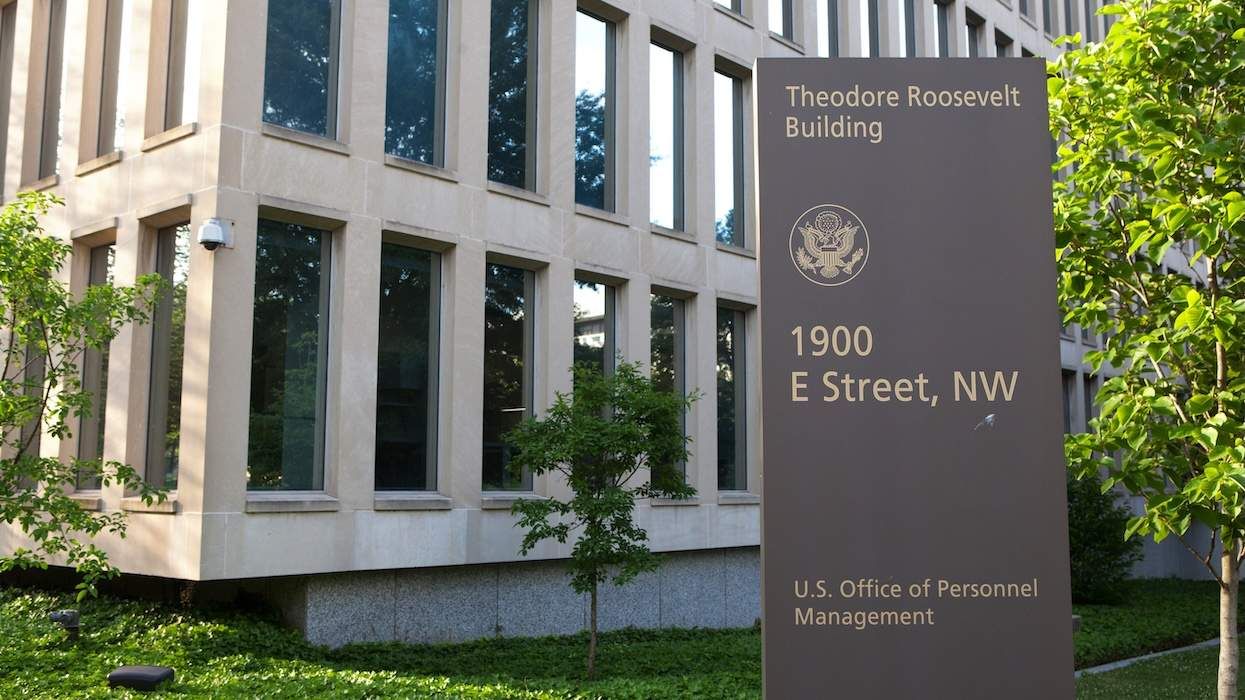

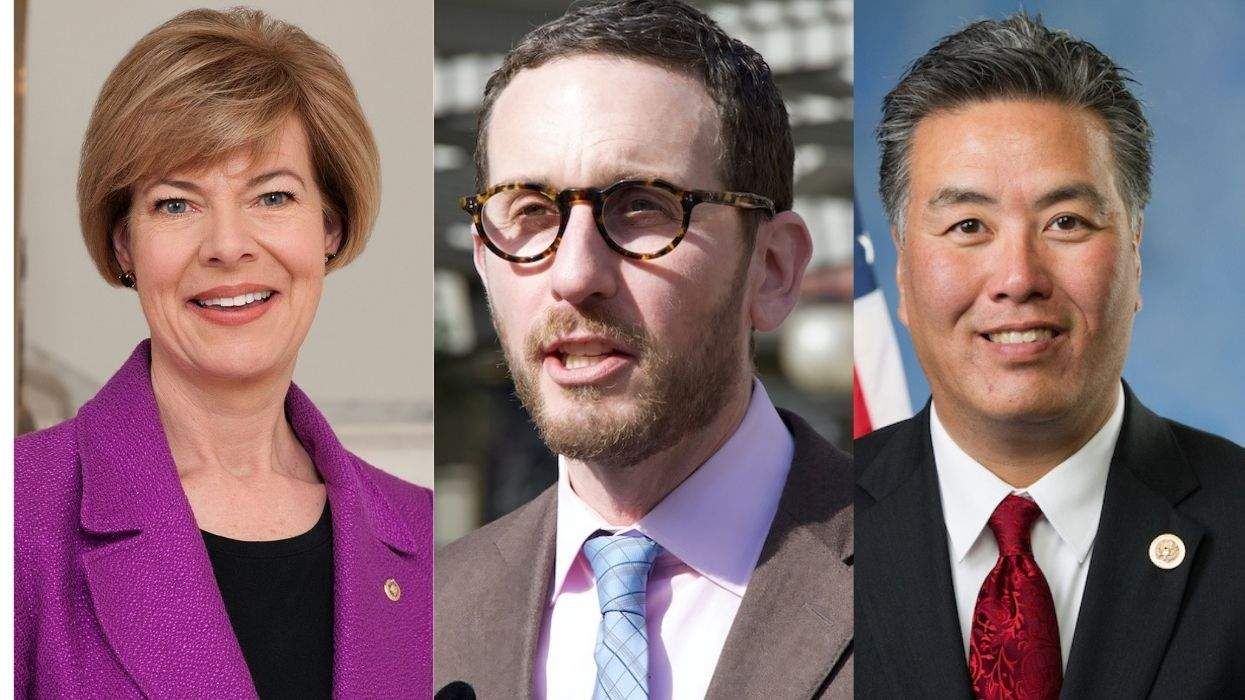


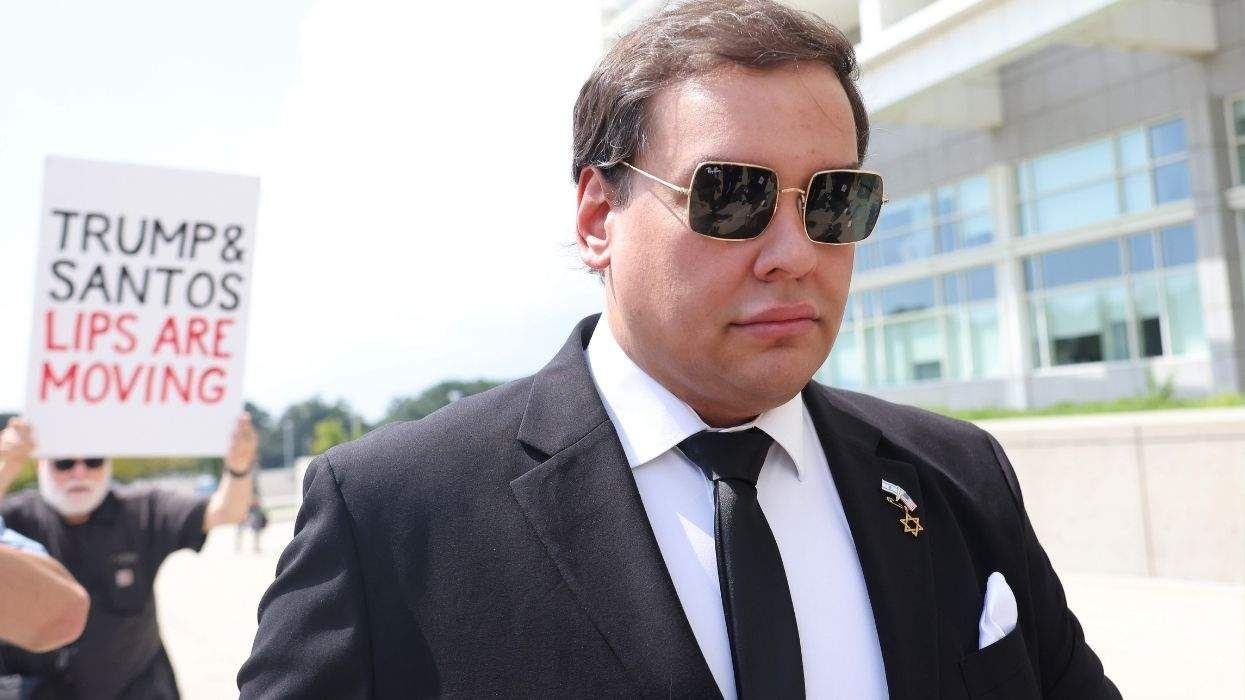
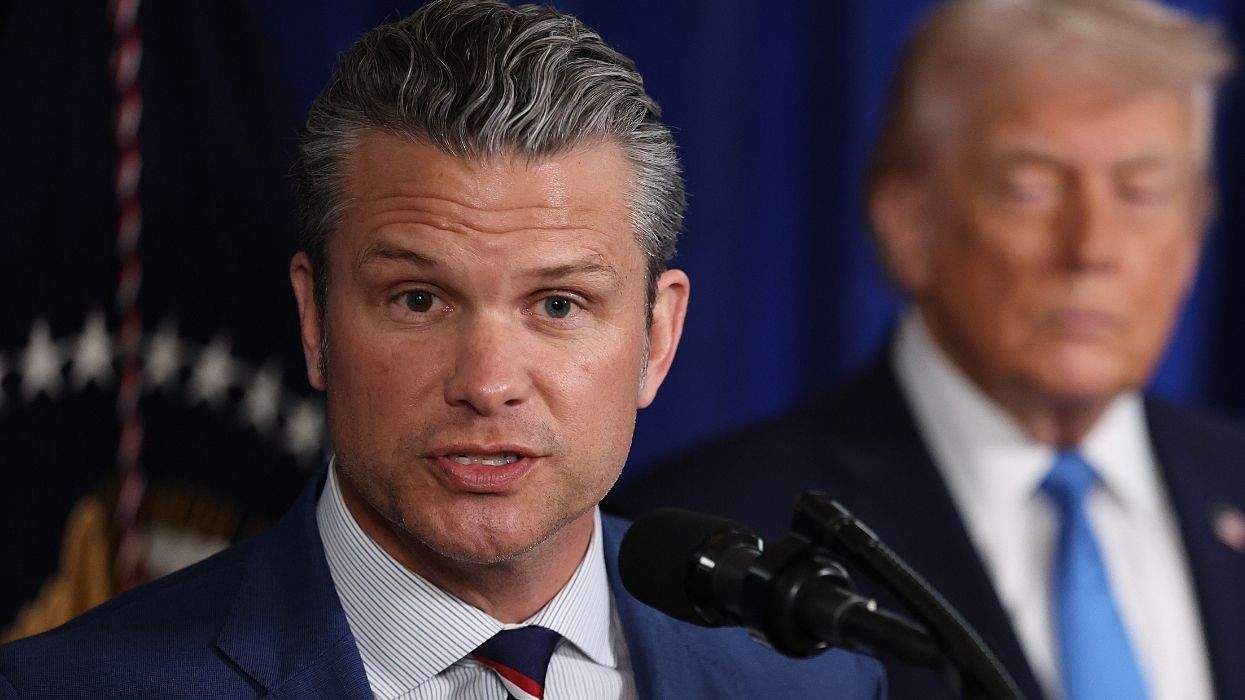


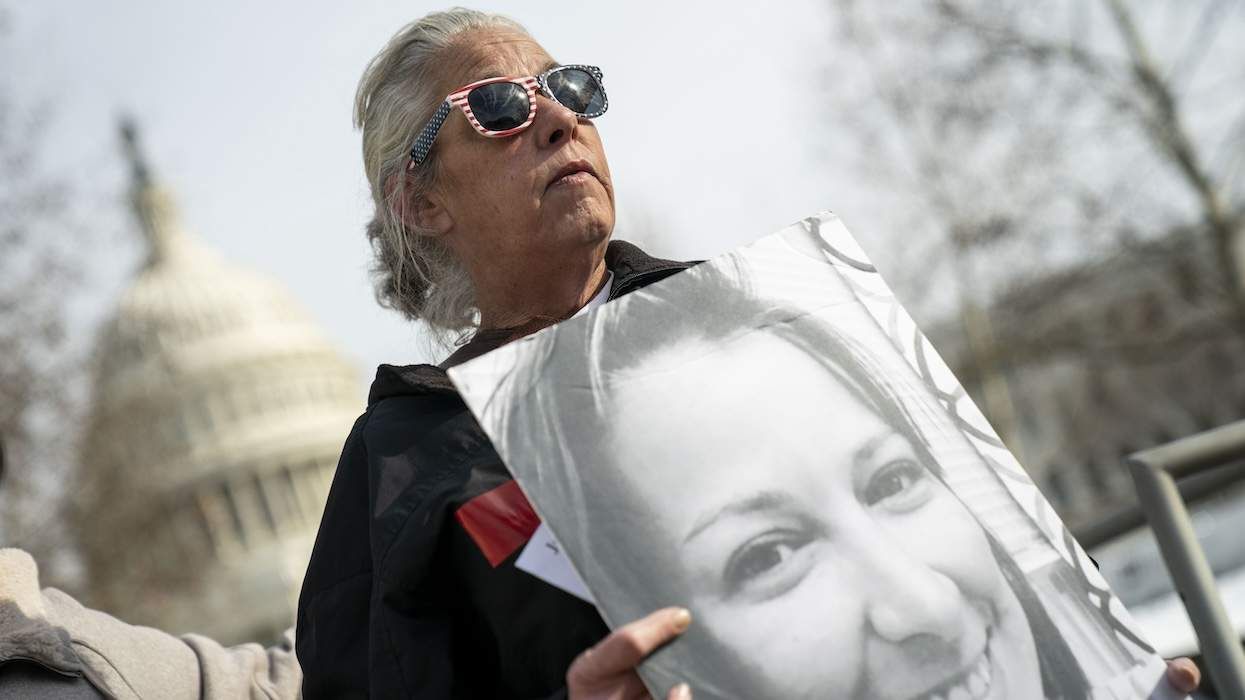
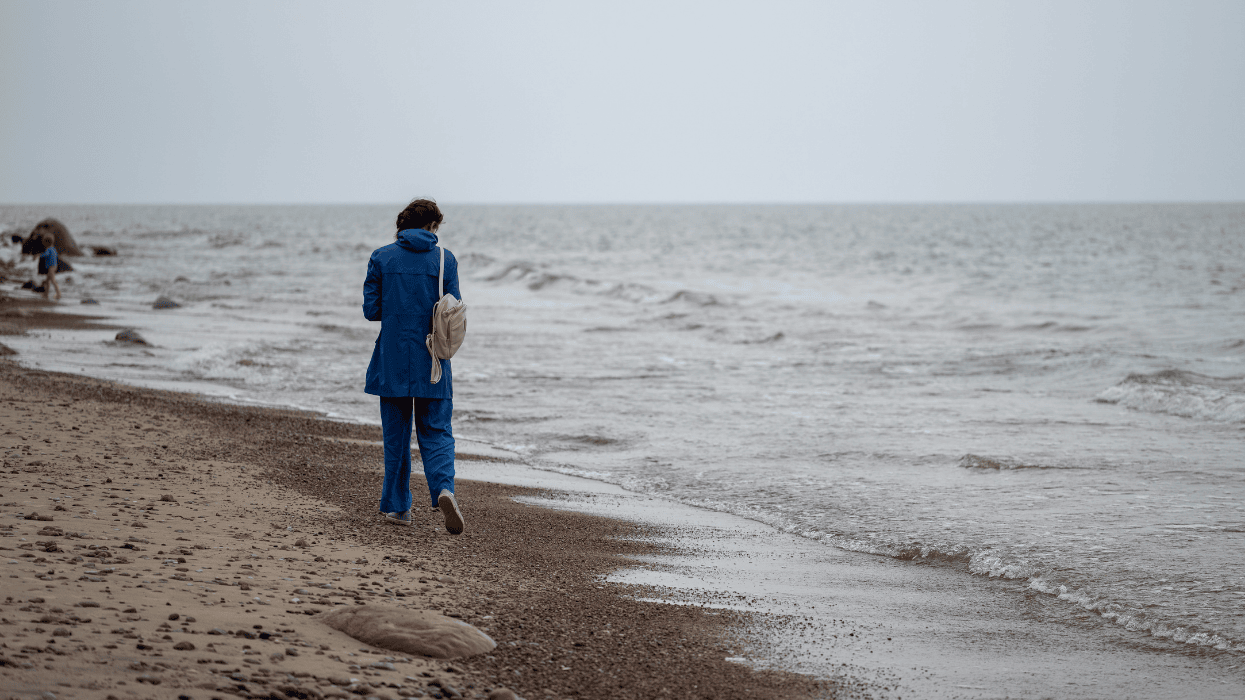










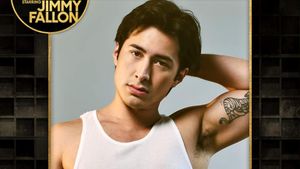



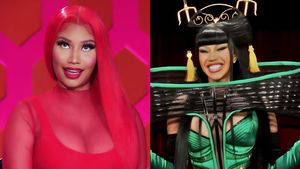















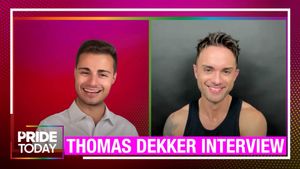










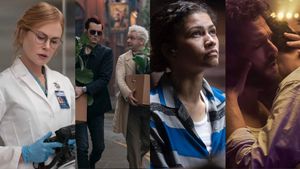







Charlie Kirk DID say stoning gay people was the 'perfect law' — and these other heinous quotes